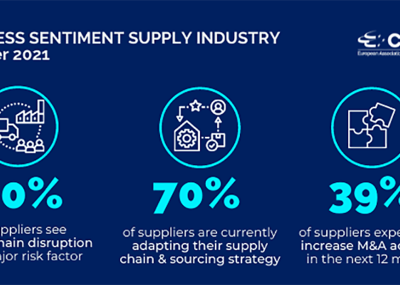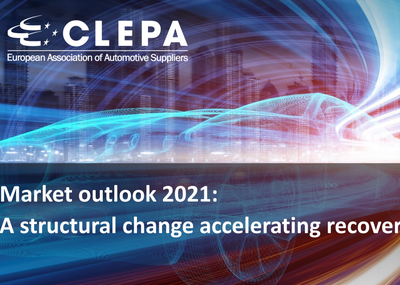The envisaged early review of the CO2-emission targets for cars and trucks for 2030 confronts the European Commission with an uncomfortable dilemma. The review offers a compelling opportunity to increase the efficiency of the available regulatory levers, allowing manufacturing competitiveness and employment to be preserved, while delivering on ambition.
However, the timeframe of the forward-hauled review is so tight—it is set to be accomplished by June this year—that any serious rethinking of the available instruments is deemed ‘too cumbersome and too complex, while inviting the risk of unwelcome delays.’ Or so it echoes in Commission corners.
Are these concerns credible?
The EU Green Deal, coined as a green growth strategy, is too important to fail. There is too much at stake for the environment, workers, citizens and industry alike. It would be equally ‘unwelcome’ to risk massive collateral damage as a result of EU policy that is rightly aiming for bold and ambitious reforms.
As laid out in detail in the new CLEPA position paper on climate neutral transport, the Commission should seriously consider solutions that can make a difference and that actually already exist, within the current framework of policies and legislations. This is neither complex nor cumbersome, and it does not need to cause delay.
Simply upping the target levels without accompanying measures to making them viably implementable will not do the trick for the environment and cannot be considered as responsible policy making either. Such an approach risks doing an irreparable damage to the economic fabric that is fundamental for Europe’s capability to innovate and meet its goals.
What do the available policy levers consist of?
First, there is a need for the large-scale delivery of electric charging infrastructure to enable the current plans for vehicle technology targets to be achievable. At present, the number of public charging stations stand at 220 thousand, disproportionately spread across the EU. Significantly more stations will be needed to achieve the existing 37.5% reduction target for cars, and every additional percentage point will require correspondingly more charging stations and power infrastructure to serve them. The pending revision of the alternative fuels infrastructure directive should be used to mandate member states to make the necessary investments.
Second, technology should be allowed to deliver on climate neutrality, rather than regulation prescribing or banning technology. The full range of efficient technologies, renewable energy and climate-neutral fuels will be needed, so that the right technology can be chosen depending on the use case: highly-efficient piston engines powered by hydrogen or sustainable renewable fuel, electric vehicles (battery electric and fuel cell electric), hybrids and plug-in hybrids.
Importantly, technology openness will offer a choice to those consumers and businesses for which electrification is not a practical or cost-effective option, enabling them to take older, higher-emitting vehicles off the road. The definition in green procurement standards of zero and low emission vehicles should therefore include all technologies enabling zero and low emission driving. Plug-in hybrids with an electric range of 80 km should be treated the same as battery and fuel cell electric vehicles. Suppliers support the implementation of on-board fuel consumption meters to reflect as much as possible real driving emissions. Technology can also help secure electric-mode driving.






